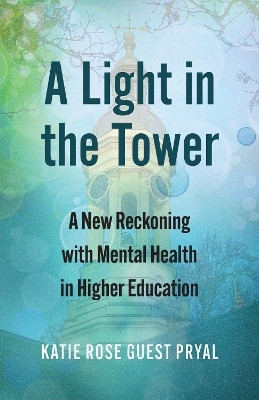A Light in the Tower(English, Hardcover, Pryal Katie Rose Guest)
Quick Overview
Product Price Comparison
With evocative storytelling and incisive research, Katie Rose Guest Pryal brings a new eye to the mental health crisis that higher education has faced for decades. Written from the perspective of a bipolar-autistic professor, A Light in the Tower is both a bracing account of the mental health crisis in higher education and a passionate and informed proposal for how to teach with mental health in mind. Pryal contends that higher education's mental health crisis is the result of long-term systemic problems in education that demand nothing short of a revolution. She examines the anxiety that plagues campuses as a result of exploited and overworked contingent faculty and students, the shock events like COVID-19 and campus shootings that traumatize communities, the systemic and institutional burnout that affects higher education at every level, and the market-driven culture of toxic overwork. These are large-scale problems that need large-scale solutions. Addressing the stigma that haunts mental disability on campus, the ableism that hounds our teaching, and the cascade of mental health struggles that far too many faculty and students face, Pryal provides straightforward solutions to these complex challenges. A Light in the Tower argues that excellent education and radical support for mental health struggles can coexist and provides detailed advice for how to do so. Meanwhile, Pryal debunks claims that supporting student mental health harms educational rigor (coining the term "rigor angst" to discuss the fear that rigor is declining). She outlines actionable steps professors and administrators can take to address the problem, including abandoning ableist and exclusionary campus culture; replacing "bad-hard" work that creates unnecessary logistical difficulties for students in favor of "good-hard" work that challenges them intellectually, providing an easy path to disability accommodations; and teaching accessibly for neurodivergent students.


